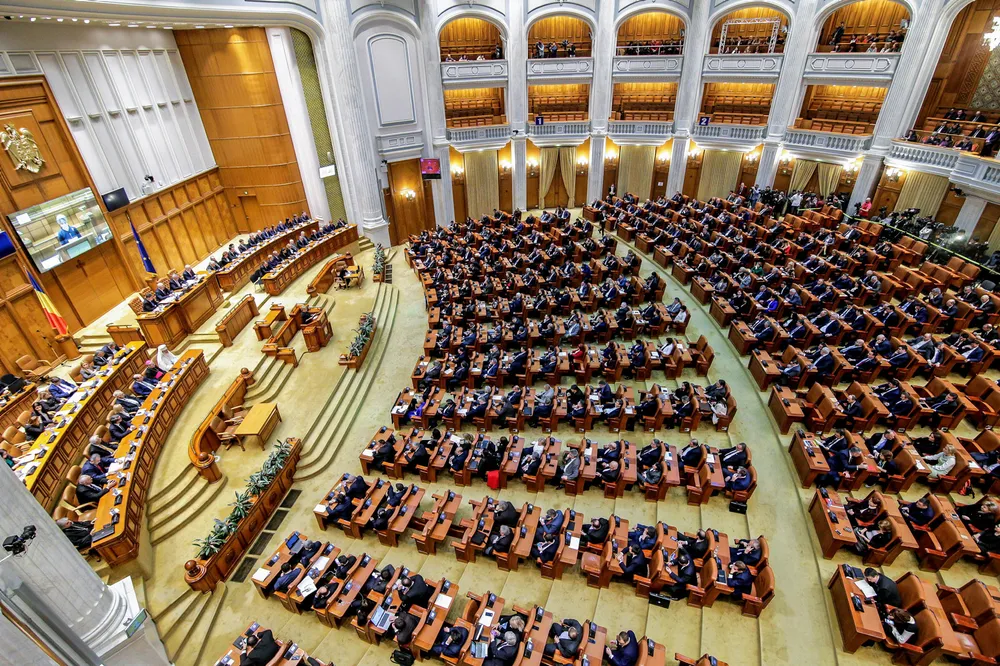Black Sea wind ‘could be a substitute for Romania’s stalled offshore gas projects’: report
Romanian senate passes law to establish offshore wind support as Brussels-based think tank sees huge potential for Black Sea

Romanian senate passes law to establish offshore wind support as Brussels-based think tank sees huge potential for Black Sea
